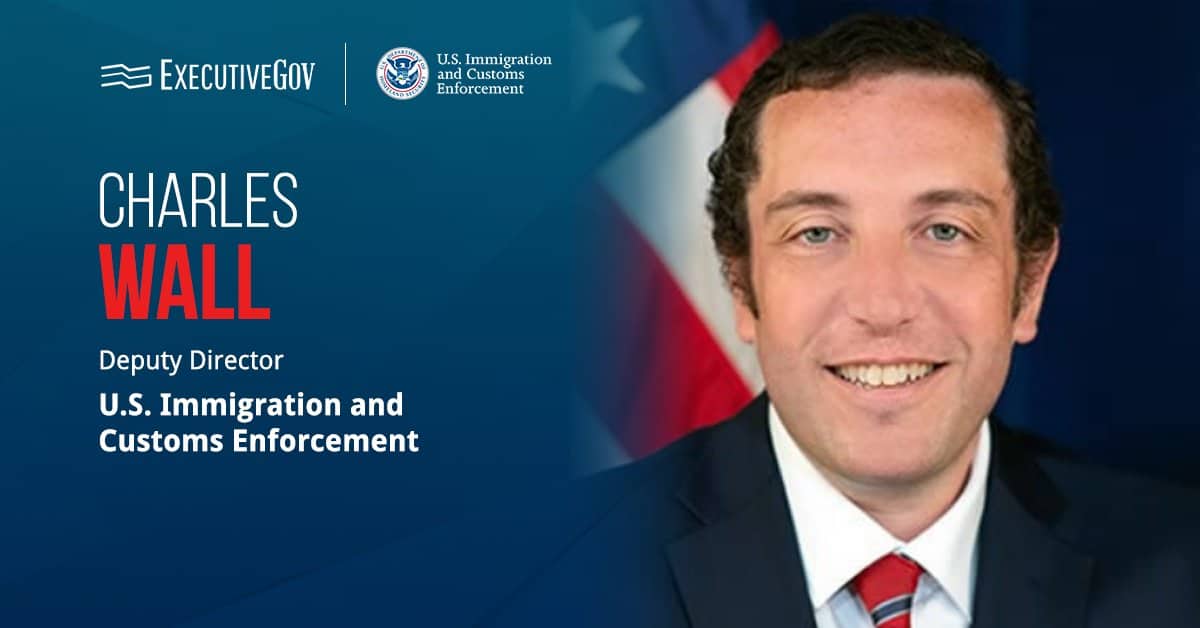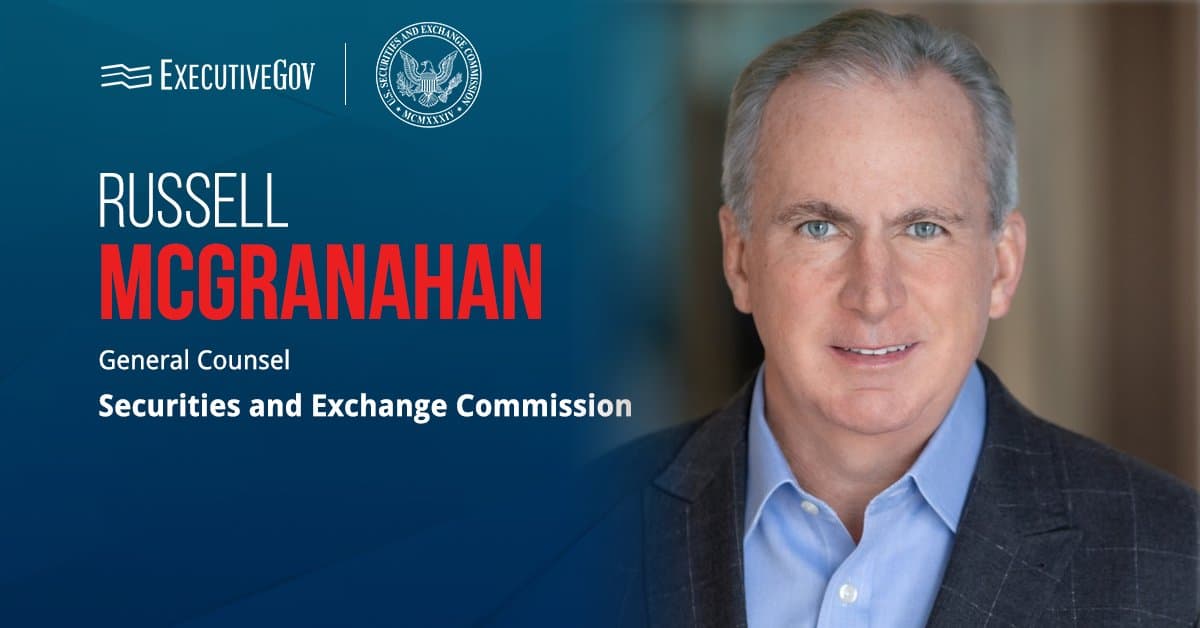Tonya Ugoretz, deputy assistant director at the FBI, said a potential data breach notification law should minimize the burden on companies and should be easy to follow, CyberScoop reported Tuesday.
She said such a measure should focus on reports about breaches that compromise critical infrastructure, national security and U.S. government data.
“I don’t think we’re looking at a threshold where every single incident and intrusion would need to be reported,” Ugoretz said in her prerecorded remarks that aired at the virtual 2021 RSA Conference Tuesday.
“What we’re most concerned about from the federal government perspective are incidents where there’s a national security or public safety concern, so things like U.S. government information that’s been threatened or U.S. critical infrastructure,” she added.





